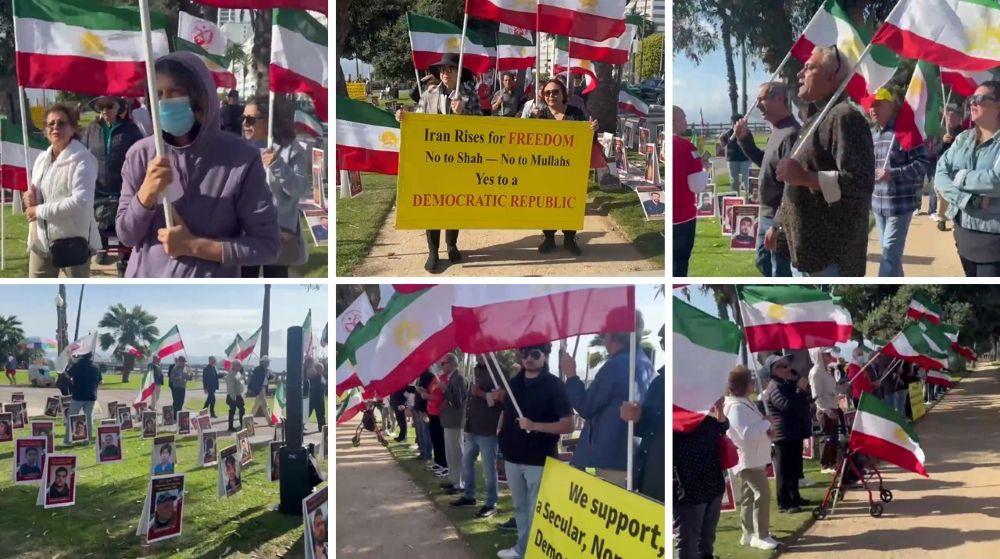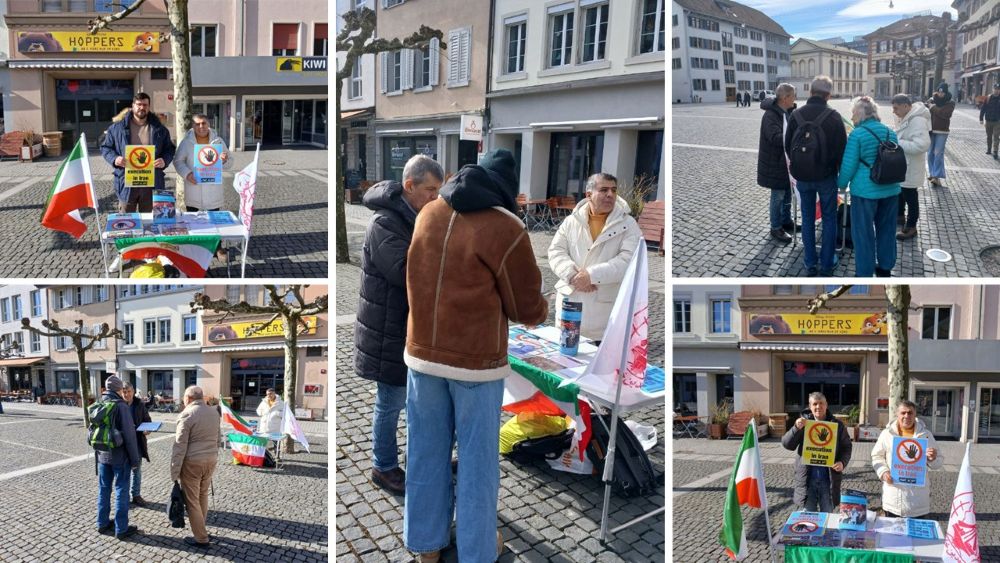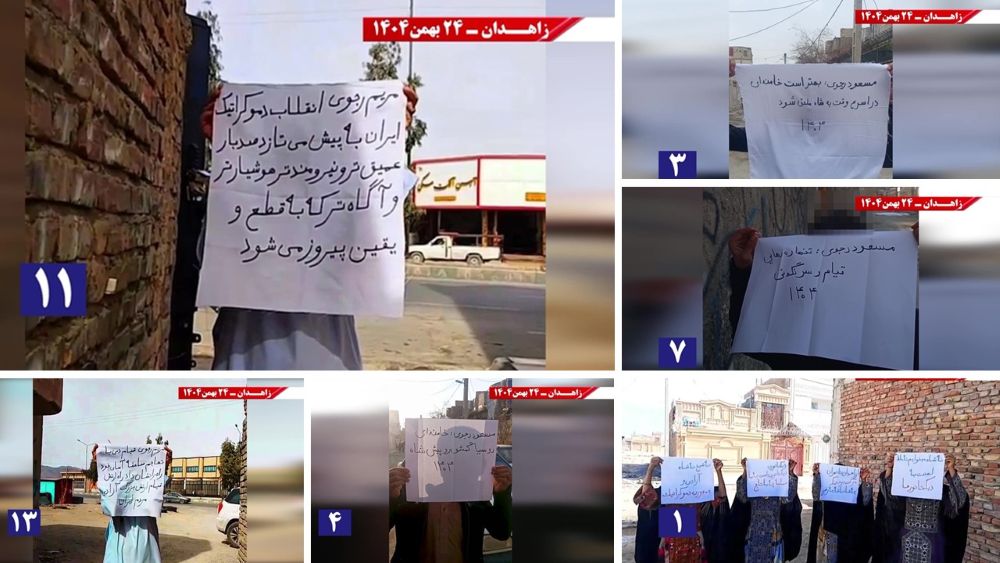The Iranian economic crisis is set to continue, even getting worse, over the course of the new Iranian year, which began on March 21, despite claims otherwise from regime officials. The crisis is caused by the regime’s policies, rather than sanctions, and will have consequences for the people and the regime.
The situation is so dire that in an article on Tuesday, the state-run media outlet Jahan-e Sanat warned that super inflation is coming, quoting regime economist Mohsen Rannani.
They wrote: “Economic and social crisis has driven the country to a dangerous point. If [authorities] do not act quickly to control and manage these crises. In that case, the country will enter an irreversible path.”
Then, quoting Hassan Jalalpour, the former chair of the Kerman Chamber of Commerce, they explained that the regime has directly and indirectly stolen from the people in order to make up budget deficits caused by spending too much on war and terrorism.
Of course, the Iranian people are already living with high inflation and skyrocketing prices, especially over the Nowruz holidays as the Eghtesd-e Pouya daily noted. To make matters worse, the Central Bank Chief Abdolnasser Hemati said that the government would compensate for the budget shortfall by printing banknotes, even though this increases inflation and prices, which would only cause more damage to the economy.
Supreme Leader Ali Khamenei said that this year would see obstacles to production removed, but regime corruption has damaged the manufacturing sector over the years. Many Iranian factories are closing (or have already closed) due to the regime’s privatization, which only increases the holdings of the Revolutionary Guards (IRGC).
This will only get worse with the passage of the “Public-Private Partnership Bill”, which is designed to benefit the regime and its affiliates, rather than the people. Rannani explained that it will “create a corruption capacity” of $61 billion, while another economist, Farshad Momeni, suggested it was more like $79 billion. Rannani also warned that “all types of public assets” could be handed over to the private sector (i.e., the IRGC) under this bill.
The Iranian Resistance wrote: “World powers are trying to revive the nuclear talks with the regime. Western companies are eager to use Iran’s market and establish a “mutual economic partnership” with Iran and the so-called “private sector.” While regime apologists claim these financial relations will help Iranian people, the facts above show that all the money would end up in the hand of IRGC or vanish in the regime’s black hole of corruption.”



